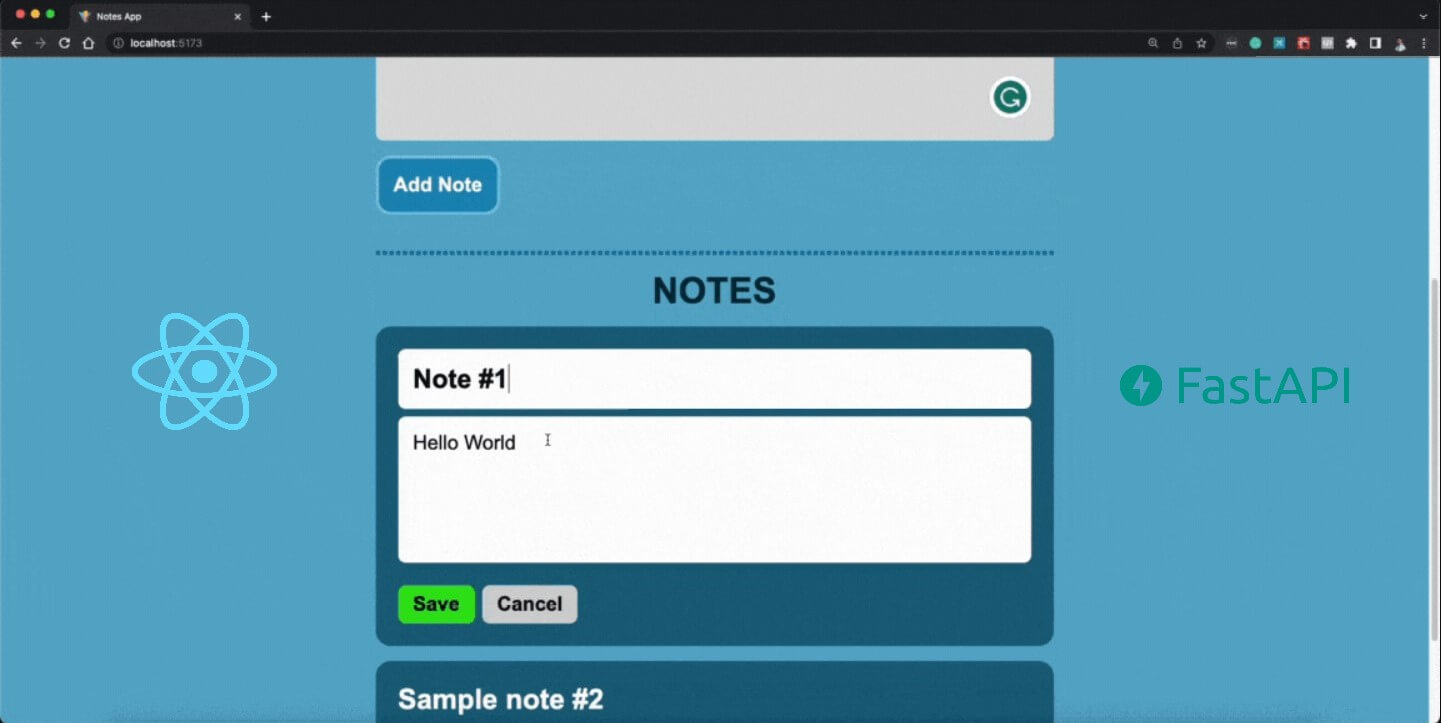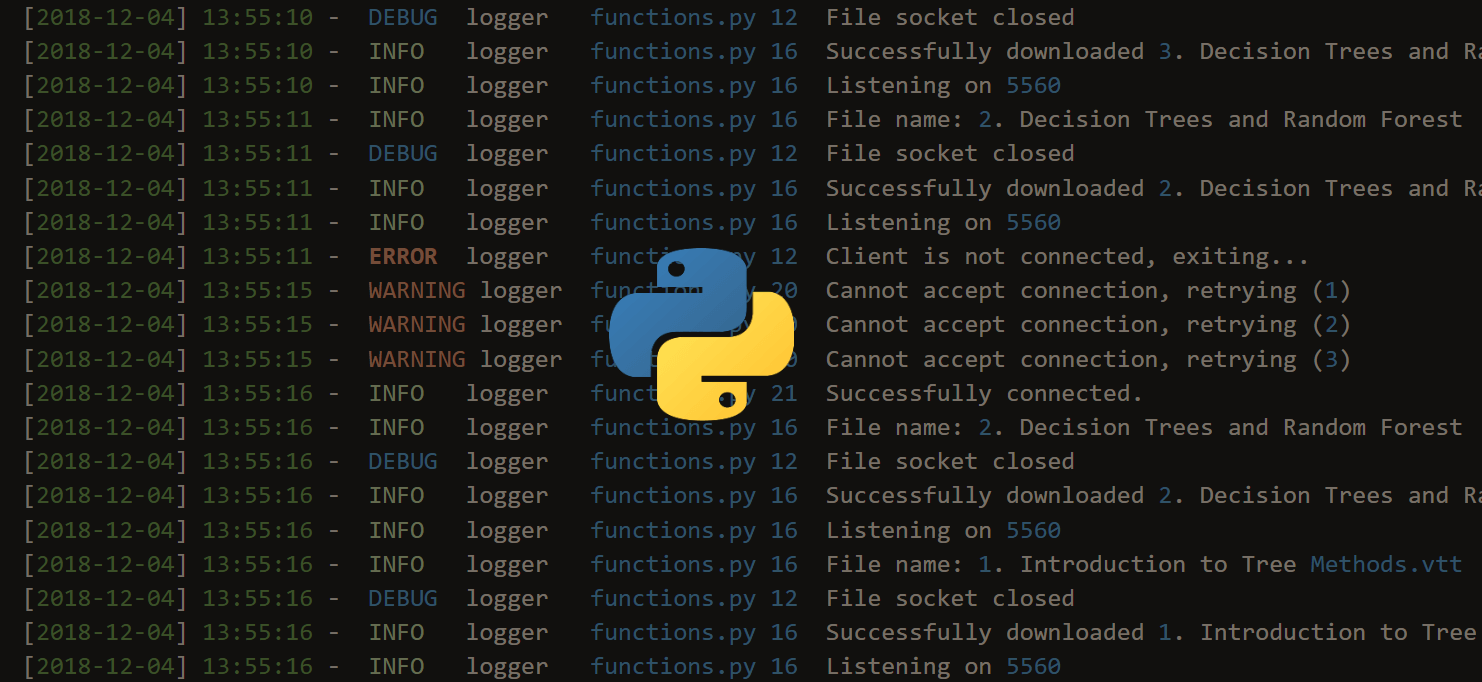Step up your coding game with AI-powered Code Explainer. Get insights like never before!
Enterprise app development is a process to design, create and maintain software to solve the complex problems of large companies, enterprises, or corporations. In this digital era, python is very popular for enterprises to build software or applications to solve their problems due to its flexibility and simplicity.
According to recent studies conducted by Statista python has become one of the most famous programming languages worldwide. In 2021 it was mostly used in web development and data analysis, 41% and 45% respectively.
In this article, we will discuss how we can use Python for enterprise app development, keep reading with us, and by the end of the post you will find out why Python is famous and how we can use it in enterprise app development.
Steps for Building Enterprise Apps with Python
Here are a few simple steps to build enterprise apps with the help of Python:
Requirement Gathering and Analysis
It is very important to have a comprehensive understanding of business requirements to make a successful enterprise app. With the help of stakeholders, developers, and end users we can define the functionalities and needs of an app.
System Design and Architecture
In this step, developers define the components of enterprise applications and create the architecture of the app keeping in mind the future expansion of the app.
Development and Coding
Armed with a well-defined architecture, developers embark on coding the application. It is the time for Python to do its magic, it simplifies the process like Django and Flask for faster development.
Testing and Quality Assurance
Complete testing of an app is imperative if we don’t want to compromise on the quality of our application. Different testing methodologies are applied to the applications to find out and rectify the bugs in the app which makes the app more reliable and scalable.
Deployment and Integration
Once an application is tested and optimized by the developers the next step is to deploy the app to production centers. Integration with all other systems is also done in this step for seamless operations in the future.
Maintenance and Updates
After deployment and Integration in the system, the next step is to keep an eye on the performance of the app to identify the bugs or errors and then rectify them according to your needs. In this way, you will keep on updating your app, and will help you to align with evolving business needs.
Python Frameworks for Enterprise App Development
Django and Flask are the two most important frameworks of Python for web app development.
Django provides full-stack solutions with built-in features like ORM and authentication. On the other hand, Flask is a lightweight and flexible framework in which developers can pick out components according to the needs of the project
Django features make it suitable for larger projects as compared to Flask which is suitable for smaller projects where a customized approach is required.
Data Management and Analysis
Python can easily and flawlessly integrate with databases through libraries like SQLAlchemy and Pymongo at the same time it ensures efficient data storage and retrieval.
Python libraries like pandas and NumPy enable enterprises or companies to extract important insights from data. Matplotlib and Seaborn can be used to present these extracted insights.
User Experience and Interface Design
Python framework allows for making user-friendly interfaces of apps because they are essential for the success of a web application or software. After all, it enhances the user experience. To create a user-friendly complete understanding and behavior of the user is needed.
Python frameworks also ensure to make responsive designs across all devices which also enhance the user experience of the app. This is another big reason why Python is used for app development by enterprises.
Future Trends in Python Enterprise App Development
Python's role is increasing day by day in enterprise app development and it will continue to evolve. Emerging technologies like Artificial intelligence, Machine learning, and edge computing will also pave the way for Python to make the best enterprise app in this modern era.
Conclusion
In this article, we have discussed the importance of Python for enterprise app development and which are the important steps that are required to build a Python enterprise app.
After doing research, we concluded that modern technology like Artificial Intelligence, Machine learning, and edge computing will also shape the future of Python use as well.
Python has different frameworks, the most important are two Django and Flask, which are used according to the needs and size of the project. Usually, Django is more appropriate for a smaller project and Flask is used for bigger projects.
Author
Boris Shiklo
The CTO at ScienceSoft since 2003, Boris has established high-quality standards for software solutions and IT services. Boris ensures that ScienceSoft’s programming competencies are relevant to the ever-evolving needs of businesses. Under his management, ScienceSoft has successfully started data science, big data, and IoT technology directions. Boris authored and co-authored more than 50 publications.
Liked what you read? You'll love what you can learn from our AI-powered Code Explainer. Check it out!




Got a coding query or need some guidance before you comment? Check out this Python Code Assistant for expert advice and handy tips. It's like having a coding tutor right in your fingertips!